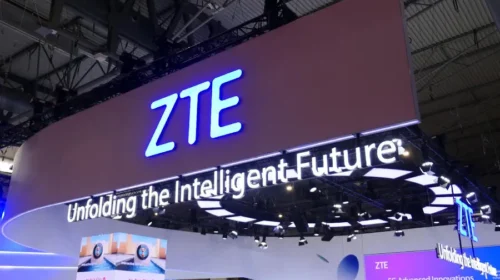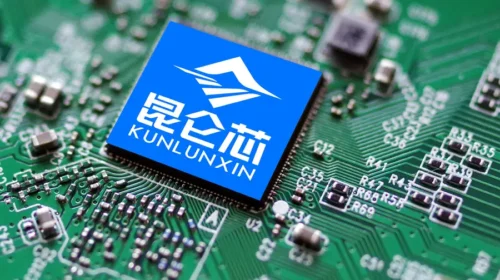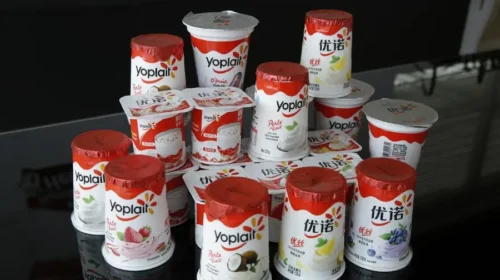BRIEF: WuXi AppTec sells advanced therapies units in U.K. and U.S.

Leading pharmaceutical research outsourcing company WuXi AppTec Co. Ltd. (2359.HK; 603259.SH), announced on Tuesday that it has agreed to transfer its entire equity stakes in Advanced Therapies and Oxford Genetics to U.S.-based private equity firm Altaris LLC for cash consideration. The two companies being sold are the U.S. and UK operating entities of WuXi AppTec’s cell and gene therapy division, WuXi Advanced Therapies.
Altaris is a New York-based private equity fund specializing in the healthcare sector, according to a report on the deal in financial media Caixin. WuXi AppTec said the deal would not significantly impact its performance or operations and would ensure uninterrupted services for patients urgently requiring WuXi Advanced Therapies’ cell therapy solutions.
The sale comes amid speculation fueled by the proposed U.S. Biosecure Act, which is expected to take effect next year. The act explicitly aims to “prevent foreign competitors from stealing sensitive U.S. genetic data and personal health information,” making WuXi Advanced Therapies’ business a primary target. That led to rumors that WuXi AppTec was considering divestments of some of its overseas operations.
WuXi Advanced Therapies is one of WuXi AppTec’s five core business units. During the first 11 months of this year, Advanced Therapies and Oxford Genetics generated approximately 980 million yuan ($134 million) in revenue, about 2.4% of the company’s most recent audited annual figure.
By Lee Shih Ta
To subscribe to Bamboo Works weekly free newsletter, click here





